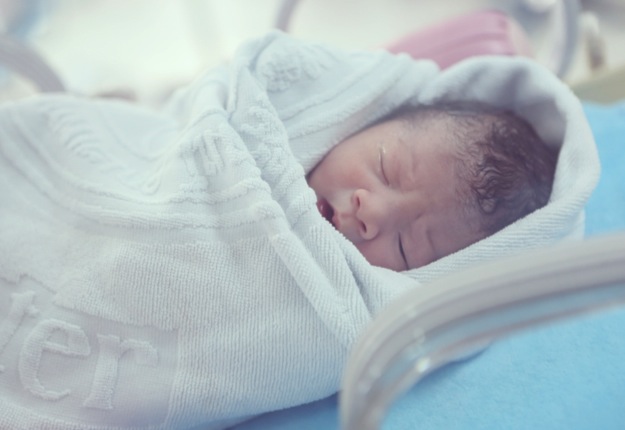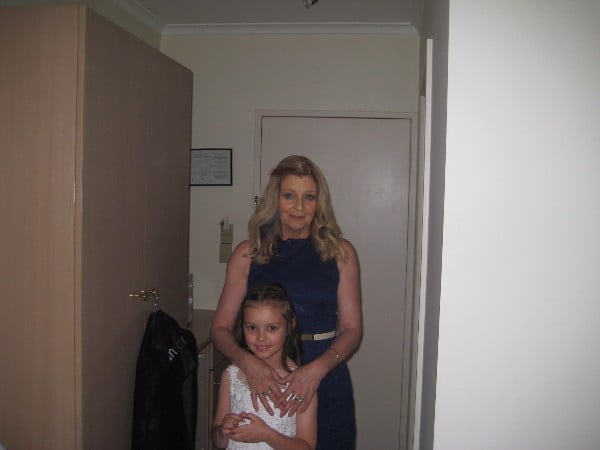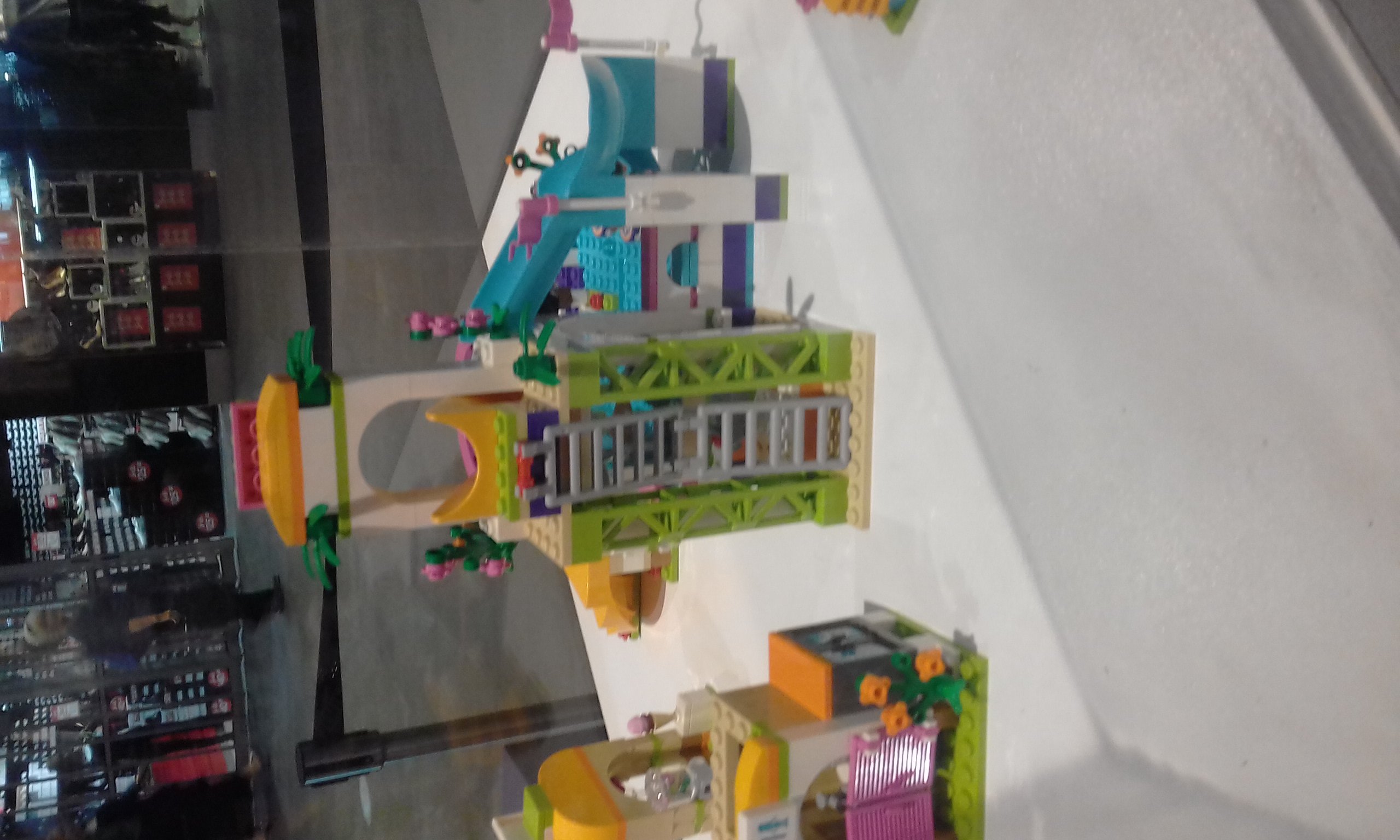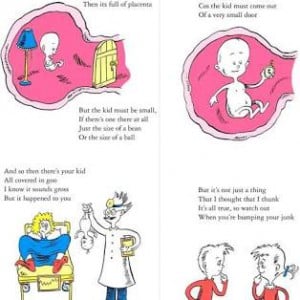What to do when the baby is born before you get to hospital. The most important thing is to keep the baby warm – put her on your chest covered with a warm towel.
Hannah Dahlen, Western Sydney University and Charlene Thornton, Western Sydney University
Women often express a fear of giving birth en route to the hospital, and these fears have some basis. Dramatic videos do the rounds on social media of women giving birth to babies in cars, on their front lawn, or as recently happened, in the car alone and then driving themselves to hospital.
In Australia, around four to five in 1,000 births are recorded as “other”, meaning the birth didn’t occur in hospital, in a birth centre, or as a planned home birth. The birth may occur in the woman’s home, en route to the hospital or in ambulances where a midwife or doctor is not in attendance. More babies are born as unplanned out of hospital births than as planned home births in Australia. We often refer to these births as “born before arrival”.
Babies born before arrival are more likely to be premature (12.5% compared to 7.3%), be smaller, and most likely be a second baby, and a girl (possibly because they are smaller).
Read more:
Balancing hope and fear for babies born at 24 weeks gestation
In a new study looking at ten years of births in NSW, we found women more likely to deliver early are women of low socioeconomic status, those living in rural or coastal areas and those living in areas with high rates of planned home birth.
This may be due to some women having poor levels of engagement with health services, or needing to drive big distances to get to hospital. Another factor to consider though is some of these births could be “freebirths” – giving birth at home intentionally without a midwife or doctor.
While we showed babies born unexpectedly before arrival have poorer outcomes, this is probably due mostly to prematurity which increases the risk for all babies. We also know babies born before arrival are more likely to be cold and this is even more likely to happen when they are small in size, such as when they’re premature.
Read more:
Birthing on Country could deliver healthier babies and communities
What to do if the baby is coming early
- Call an ambulance and someone will be able to talk you through the birth until the ambulance arrives
- Get down low and put a towel under you so the baby has a soft landing. Don’t sit on the toilet
- If you have a heater put it on and get some towels on it or in the dryer to warm
- As soon as the baby is born, put her straight on your chest and rub dry with a towel. Get whoever is there to put a second warm dry towel over the baby removing the now damp one. Your skin is the best way to warm a baby up
- If the baby is not breathing try blowing in her face as the cold air can make her gasp and take a breath. If that doesn’t work rub the baby’s back up and down with the towel as this can stimulate her to breathe.
- If the baby doesn’t respond to these initial steps you may need to resuscitate her using CPR, but this is rare
- Keep the baby warm at all times and especially cover the head as this is where a lot of heat is lost
- Do not cut the cord or attempt to tie it with string or shoelaces or anything else, just leave it attached to the baby
- Do not pull on the cord and try to deliver the placenta as you may cause heavy bleeding or even pull the uterus out which is then a serious emergency
- Try to stay warm and calm, and maintain skin-to-skin contact with your baby, as help will arrive soon.
Read more:
‘Childbearing hips’ don’t make the difference in childbirth
Some other things to be aware of is that liquid (amniotic fluid) will come out as the baby is born. Be prepared – there will be some blood loss and up to a certain point this is a normal part of the process. Most importantly try not to panic – birth is a normal process.
It’s hard for women to always get the timing just right when making the decision to go to hospital or the birth centre, or to call the midwife for a home birth.
We know going to hospital too early will increase your chances of interventions such as a synthetic oxytocin hormone to speed labour up, forceps or caesarean sections. These lead to more bleeding and pain for the mother, longer length of stay in hospital and a greater chance of the baby needing to be admitted to the neonatal intensive care unit.
Be aware if you had a reasonably quick first birth. Chances are it will be even quicker second time around.
It’s really important women don’t worry too much about this happening as the chances are small, and even if it does happen it usually turns out fine. Once the shock wears off, you have an entertaining birth story!
![]() If you follow the steps above you can dramatically reduce the risk of problems for the baby.
If you follow the steps above you can dramatically reduce the risk of problems for the baby.
Hannah Dahlen, Professor of Midwifery, Western Sydney University and Charlene Thornton, Post-doctoral Fellow in the School of Medicine, Western Sydney University
This article was originally published on The Conversation. Read the original article.
Share your comments below
We may get commissions for purchases made using links in this post. Learn more.




















-

-
-
-
meedee said
- 04 Jun 2023
Reply
-

-
-
-
ella12 said
- 30 Dec 2019
Reply
-

-
-
-
mom82487 said
- 03 Sep 2019
-

-
-
-
mom63542 said
- 03 Sep 2019
Reply
-

-
-
-
Ellen said
- 03 Sep 2019

Reply
-

-
-
-
mom265671 said
- 02 Sep 2019
Reply
-

-
-
-
mom101628 said
- 02 Sep 2019
Reply
-

-
-
-
shanika said
- 02 Sep 2019
Reply
-

-
-
-
mom350461 said
- 02 Sep 2019
Reply
-

-
-
-
mom111059 said
- 18 Jun 2018
Reply
-

-
-
-
Ellen said
- 23 Mar 2018

Reply
-

-
-
-
mom90758 said
- 22 Mar 2018
Reply
Post a comment9:19 am
10:18 pm
7:38 pm
-

-
-
-
rachel1970 replied
- 30 Sep 2019 , 8:18 pm
Reply6:43 pm
7:45 am
11:27 pm
10:41 pm
9:24 pm
8:35 pm
9:35 am
8:00 am
2:21 pm